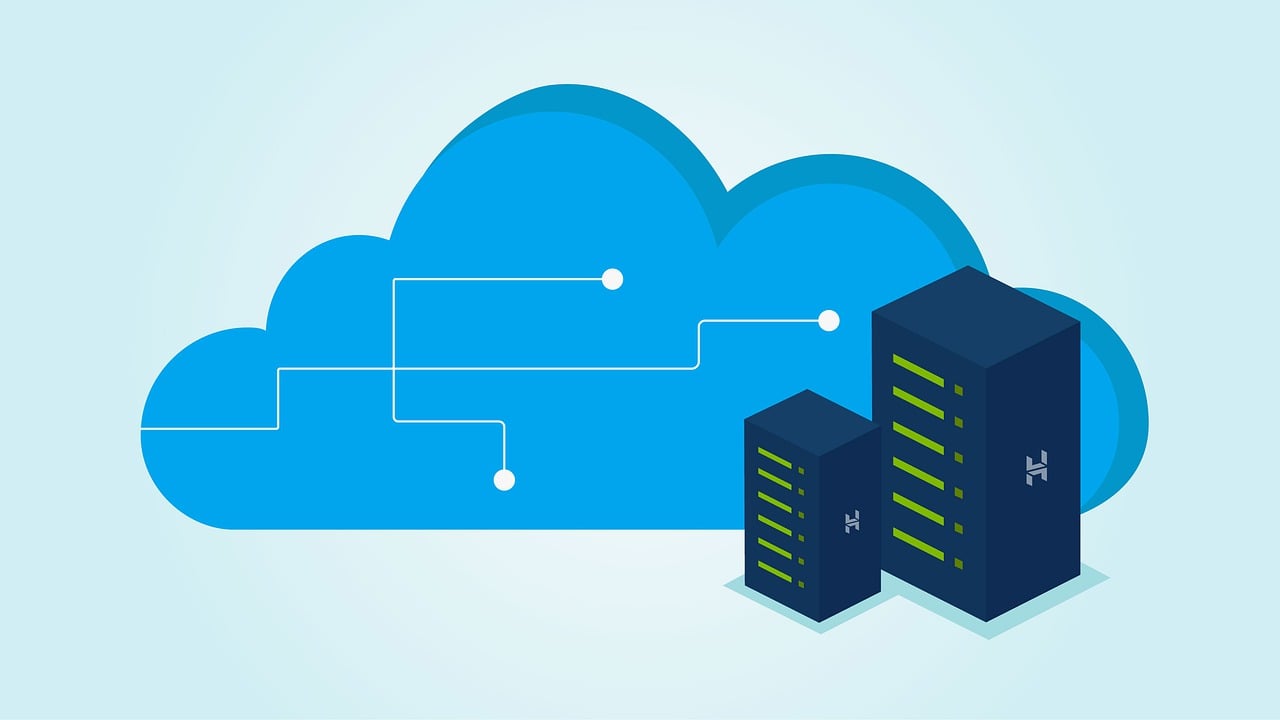In a world where digital presence is key, managed cloud hosting has emerged as a critical solution for businesses looking to streamline their hosting processes, secure their data, and optimize performance. Unlike traditional hosting solutions that leave management responsibilities on the client, managed cloud hosting providers handle most of the technical details, from security updates and performance optimization to scalability and support. This article will guide you through the benefits of managed cloud hosting and how it empowers businesses to focus on what matters most: their growth and innovation. We’ll use Cloudways as an example of a managed cloud hosting provider because they fit all the criteria and have all these benefits. You can learn more about them in our review.
cloud
Virtual Private Servers (VPS) and Cloud computing are two distinct but interconnected paradigms in the realm of hosting and computing infrastructure. A Virtual Private Server is a virtualized instance within a physical server, providing users with dedicated resources and a level of isolation akin to a standalone server. On the other hand, Cloud computing is a broader concept that involves accessing and managing computing resources, such as storage, processing power, and databases, over the internet. While a VPS is a subset of cloud computing, the key difference lies in the scalability and flexibility offered by the cloud. Cloud services enable users to dynamically scale resources, pay for what they use, and benefit from a distributed network of servers. Understanding the nuances of VPS and Cloud computing is crucial for businesses and individuals seeking the right hosting solution to meet their specific needs and performance requirements.
Opting for the right hosting is a crucial decision to make, as it is the bedrock of your business website. There is a bevy of web hosting options made available today. Two such examples are cloud hosting and shared hosting, which you are very likely to come across when searching for a solution. Having a sound understanding of the difference between the two can help choose the ideal web hosting service type, which best fits the requirements of your site. Keep reading to find out how Cloud Hosting stacks up against Shared Hosting.
Continue reading
If you’re running your own website, such as a blog, eCommerce store, or any other kind of internet business – and you’re thinking about upgrading your web hosting services to a cloud VPS, you may be wondering if it’s really worth it.



